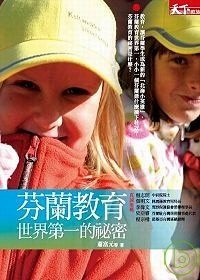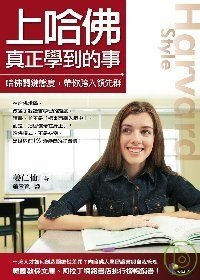 A Democratic Progressive Party supporter shouts during a protest against Chen Yunlin, Chairman of China's Association for Relations Across the Taiwan Straits (ARATS), and Taiwan's President Ma Ying-jeou near the Presidential Office in Taipei November 6, 2008.REUTERS/Nicky LohOriginal News LinkBy Ralph JenningsTAIPEI (Reuters)
A Democratic Progressive Party supporter shouts during a protest against Chen Yunlin, Chairman of China's Association for Relations Across the Taiwan Straits (ARATS), and Taiwan's President Ma Ying-jeou near the Presidential Office in Taipei November 6, 2008.REUTERS/Nicky LohOriginal News LinkBy Ralph JenningsTAIPEI (Reuters) - Taiwan's president met briefly on Thursday with a Chinese official in one of the highest-level contacts between the two sides since the Chinese civil war, while thousands of protesters clashed with riot police outside.
President Ma Ying-jeou shook hands and exchanged gifts with China's top Taiwan affairs negotiator, Chen Yunlin, who has already signed agreements opening up trade and transport between the two sides that in past years have edged to the brink of war.
Outside the presidential office, at least 10,000 protesters wearing "Taiwan is my country" ribbons shouted abuse, telling Chen to leave and Ma to step down.
Some pushed down barricades and jousted with lines of police armed with riot gear, while others hurled eggs and bottles.
Shortly before midnight local time, columns of riot police began moving about 100 horn-blowing protesters away from the heavily guarded hotel where Chen stayed. Some threw objects at the police and lit firebombs, local TV reported.
"What cannot be denied is that between the two sides some differences and challenges still exist, especially on the issues of Taiwan's security and international space," Ma said at the five-minute meeting with the Chinese leader.
According to security-conscious Taipei, China has more than 1,000 missiles aimed at the island just across the Taiwan Strait, one the world's most dangerous flashpoints.
Beijing, with about 170 diplomatic allies compared with Taiwan's 23, also bars the island from international organizations such as the United Nations, which requires statehood as a precondition for membership.
Communist China, a permanent member of the U.N. Security Council, has claimed sovereignty over self-ruled Taiwan since 1949 and has vowed to bring the island of 23 million people under its rule, by force if necessary.
Ma's predecessor advocated formal independence from China, outraging Beijing and freezing high-level contacts.
WARMING TREND
Ma told Chen he wanted to see more high-level exchanges and said the two sides should not "mutually deny" each other's existence. Chen's reply to Ma was inaudible to the audience.
"The meeting is highly symbolic, mainly to show a parity between the two sides," said Chao Chien-min, a political science professor at National Cheng Chi University in Taipei.
Ma is under pressure at home to be politically tough on China while improving the island's sagging economy by getting a piece of the other side's booming markets.
Negotiators from Taiwan and China signed a series of deals on Tuesday expanding daily direct flights and agreeing on new air routes, direct cargo shipments and direct postal services.
But protesters have been camping out in the streets since Chen arrived on Monday, accusing Ma of selling out.
"I'm here to resist China," said Lin Ting-fung, a 52-year-old demonstrator from Chungli city, just south of the capital. "I don't know how to express myself clearly, but I just don't feel comfortable when Chen Yunlin is here."
Late on Wednesday, protesters mobbed a Taipei hotel where Chen had attended a banquet. Ma brought forward the time of his meeting with Chen on Thursday to avoid further trouble.
He defended the deals with China and condemned the overnight protests, which blocked Chen's exit from the hotel.
"You can't say that love for Taiwan will become the selling out of Taiwan," he said.
Chen also attended a ceremony on Thursday to mark an upcoming exchange of two giant pandas, a gift symbolic of China, for an indigenous goat and deer duo from Taiwan.
Chen returns to China on Friday.














